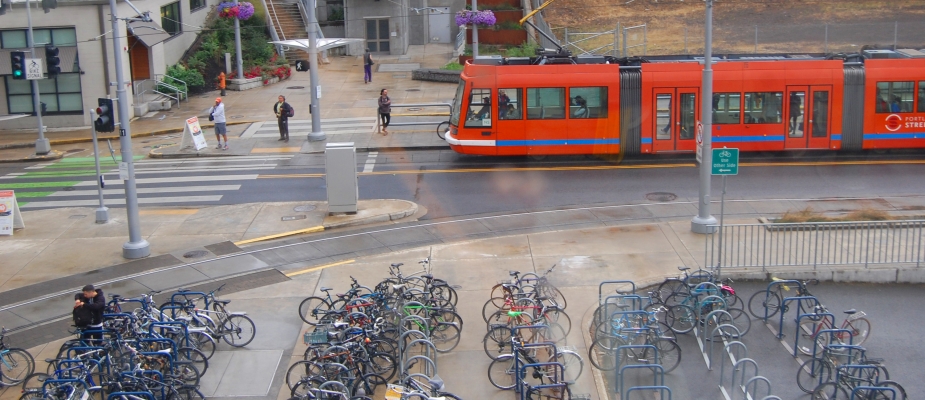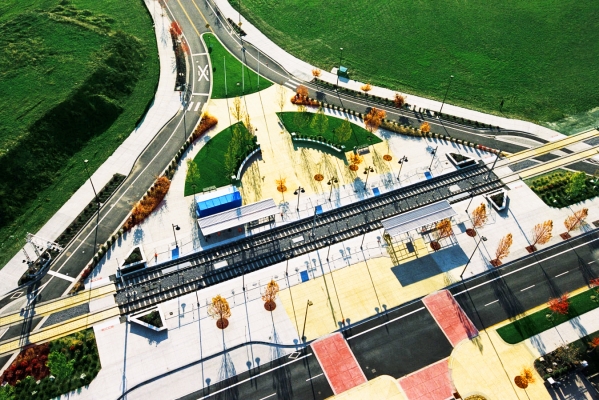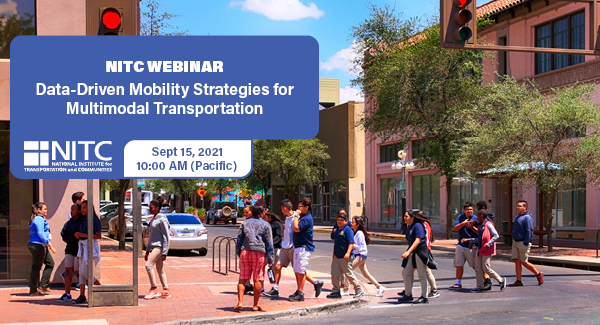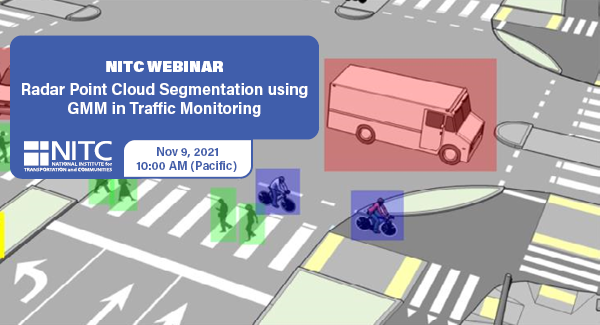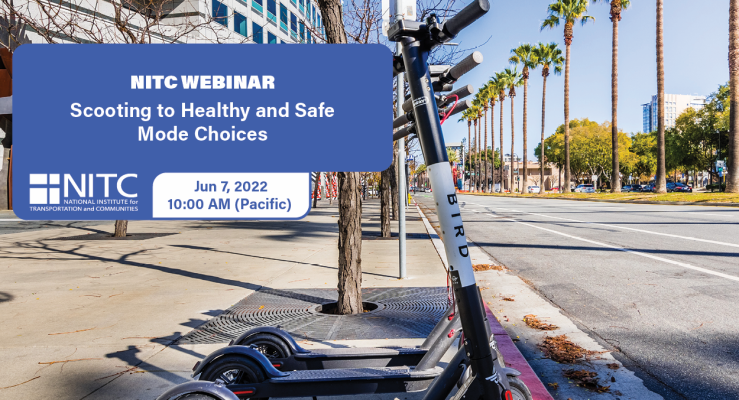We held our annual flagship professional development event, Transportation & Communities, on September 13 and 14. In honor of the event's ten-year anniversary, we changed up the format: Rather than a typical conference with one-hour sessions and a keynote gathering, we offered a selection of intensive half-day workshops. See photos from the event.
The workshops gave practitioners a chance to take a deep dive into new skills in order to walk away with new tools or frameworks that could be applied to their work. We offered a review of congestion mitigation strategies, universal access and equity in pedestrian planning, and discussion on how smart technology could be implemented in suburban communities. Several workshops were based on findings from new research by the National Institute for...
Read more
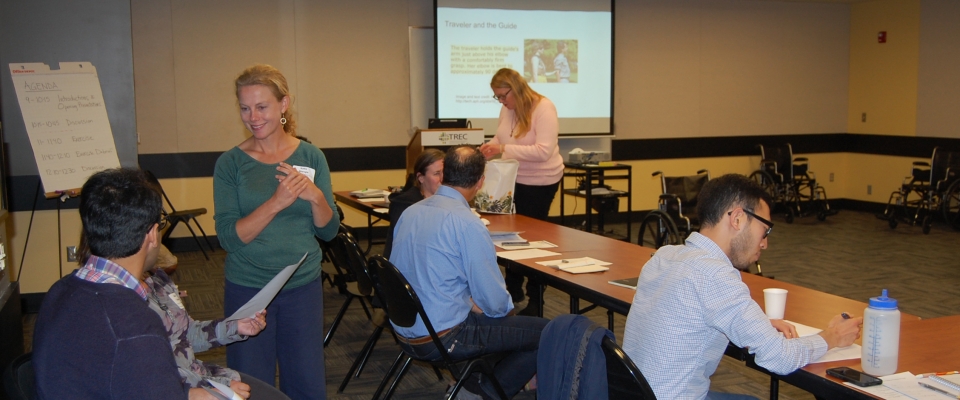
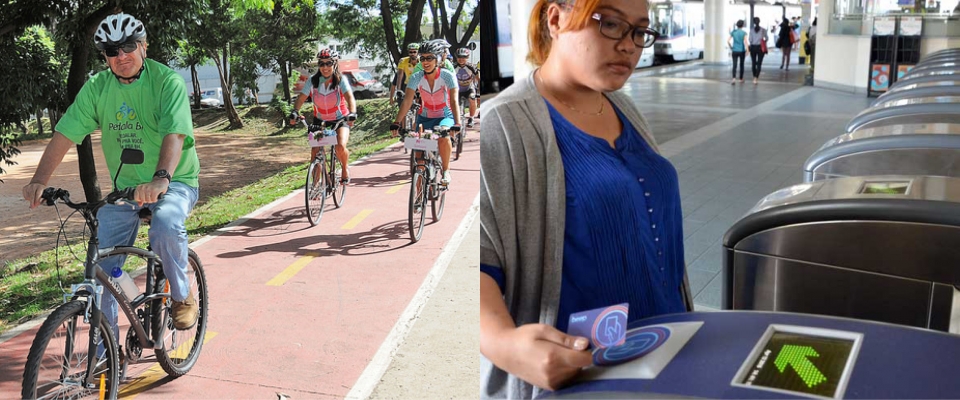
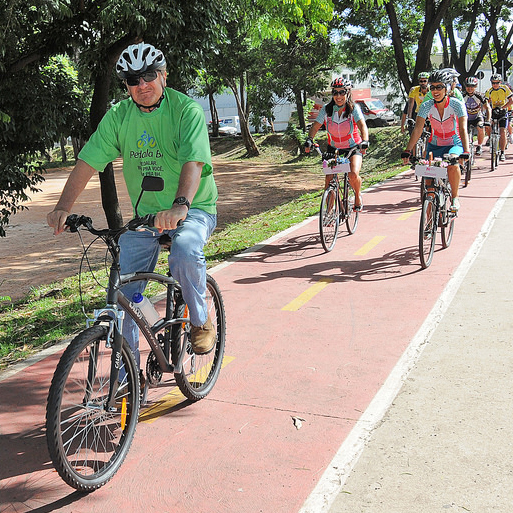 Exploring Data Fusion Techniques to Derive Bicycle Volumes on a Network
Exploring Data Fusion Techniques to Derive Bicycle Volumes on a Network


